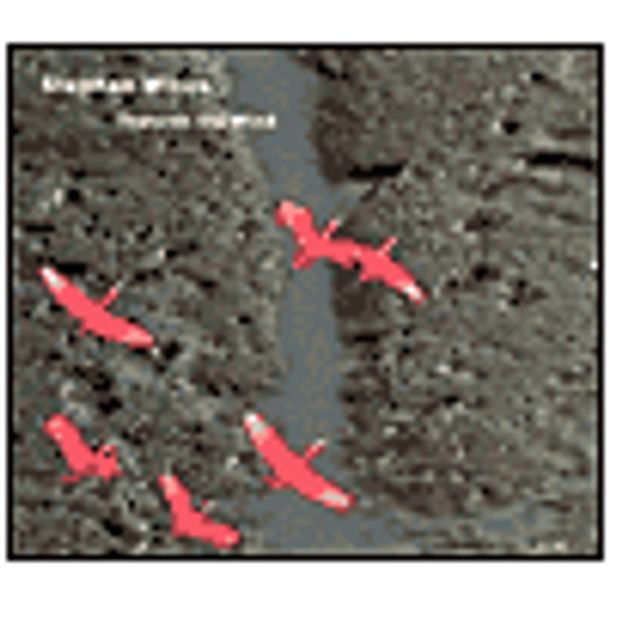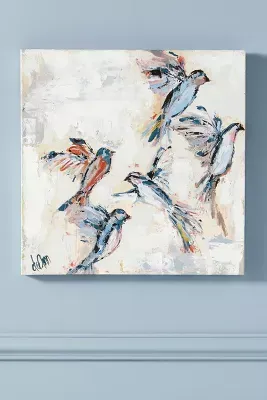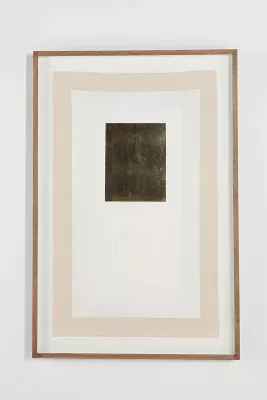Home
Towards the Wind



Towards the Wind
Current price: $16.99
Loading Inventory...
Size: OS
Being a perpetual student,
usually makes
by default. He breathes patience and skill into the exotic instruments he uncovers, but certainly with respectful bending of the rules along the way.
follows in the same exploratory tradition -- educated, but unassuming as to the nature of what an instrument is "supposed to do." Here, the album evokes an easily digestible cross section of Middle Eastern mysticism -- swirling sand dunes, rust-colored sunsets, and sacred spaces. The opening passage,
shines the spotlight on the bass duduk, an Armenian reed instrument that's typically left to accompany another soloing duduk. Left to his own devices, however,
coaxes some pleasant baritones out of the woodwind. Later, he unveils a 14-string guitar of his own design, which he strums in a mildly Spanish direction (
). Rounding out the ensemble is a kalimba, a Chinese sattar, and a talking drum from Ghana. Rarely without his shakuhachi, the German-born composer also has his favorite Japanese flute handy for three of the eight selections on this CD. The aforementioned instruments all get a little solo time (or even an entire song), creating a global melting pot that listeners have come to expect from this composer. Only once do those expectations struggle to stay met, and it comes by way of
which almost flirts with
of the 1970s -- a steel-string guitar strums quite unmysteriously through the Rocky Mountains, although accompanied by a very curious language he sings, threaded together by syllabication rather than any known meaning (check the final piece to his
from 1989). As for the featured double-reed centerpiece, it was after hearing some recordings of
(a virtuoso on the duduk) that
sought him out in Armenia to be his teacher.
obliged, and it is through his influence that much of the soloing on
stays airborne. Indeed,
describes this instrument as the shakuhachi's "twin" in terms of its breathy qualities and expressiveness. Although he constantly acquires new sounds, his confidence as a musician stays intact. What results is an album of modest beauty -- noteworthy because of the instruments and the performer more than the compositions themselves. ~ Glenn Swan


















